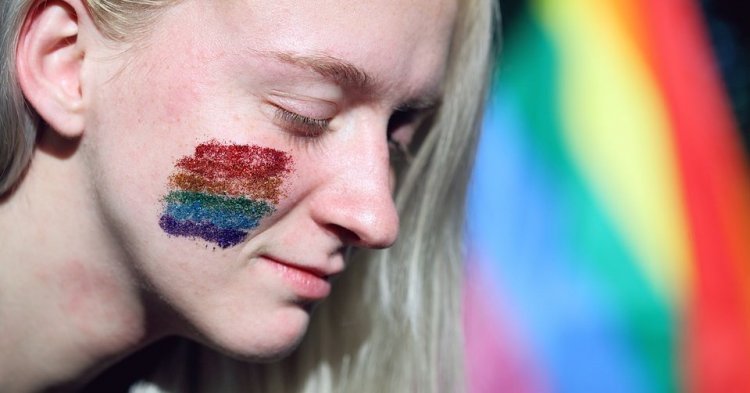According to a report in The Guardian, Scotland will be the first country in the world to include teaching LGBTI – lesbian, gay, bisexual, transgender and intersexual – community rights in school curricula. The representatives of the “Time for Inclusive Education” campaign are celebrating this historic moment, and Deputy First Minister John Swinney proudly announced the decision and emphasised that the “education system must support everyone to reach their full potential”.
Though globalisation plays its role for peaceful cohabitation, it is not always easy to reconcile different opinions, as people from all across the world hail from various ideologies. Yet Scotland’s initiative on this matter may embolden other nations to follow the same route, or at least consider the possibilities. Katie Williams (24), Scottish women’s rights activist and student of journalism, attested to the importance of the decision:
We have just celebrated Trans Memorial Day (November 20th), a day on which we honour and remember those that have died in Scotland due to homophobia or suicide. I believe it is important to foster an understanding for and acceptance of differences at a young age. All in all, I think that Scotland and the world still have a long path ahead – some more so than others – but I hope that the next generation will make big strides forward thanks to this new educational measure.
Brazil, for instance, tends towards a more conservative than progressive view on such issues. The recently elected president, Jair Bolsonaro, is fighting any debate on questions surrounding LGBTI and even sexuality in the classroom. When considering the current situation in some European countries, such as Italy or Austria which are increasingly often governed by right-wing parties, it is difficult to imagine a future that is as revolutionary as the current Scottish education policy. As noted above, it may take some time until the new curricula yield results, but we must never stop striving for the inclusion and equality of all.


Follow the comments: |
|
